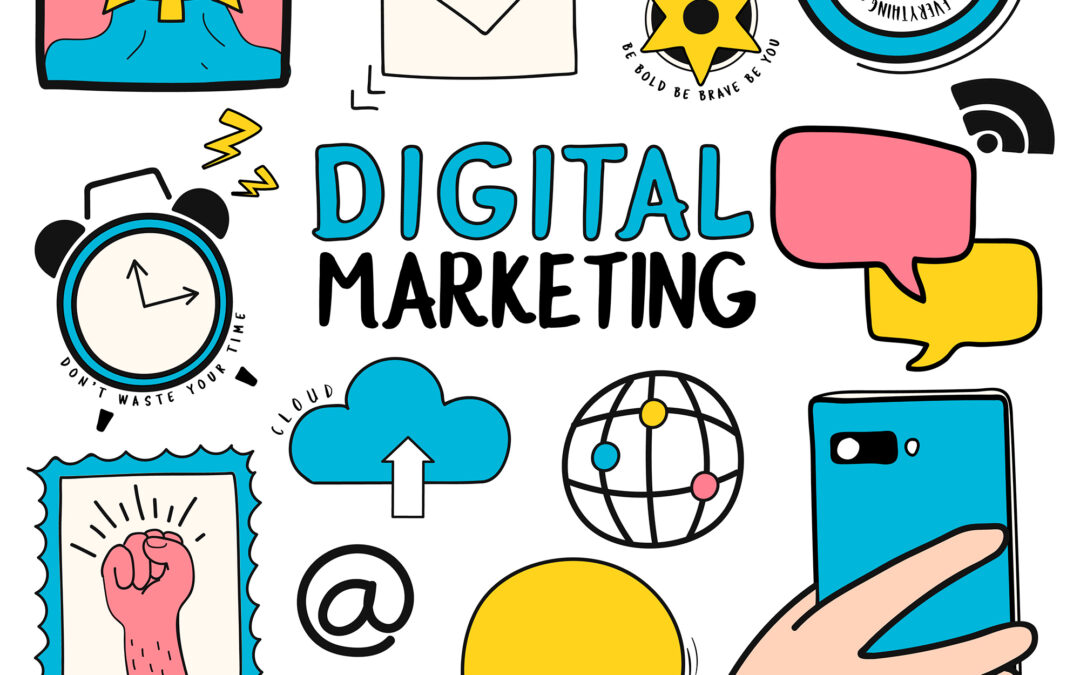In 2025, digital marketing will be more advanced and dynamic than ever. Businesses must develop all-encompassing plans that take use of the newest technology and conform to changing customer expectations if they want to remain competitive and relevant. The fundamentals of a successful digital marketing plan for 2025 are listed below.
Customer-Centric Personalization
Personalization is no longer optional. Brands must deliver hyper-personalized experiences by:
- Utilizing AI to analyze customer behavior and preferences
- Tailoring content, product recommendations, and offers
- Creating dynamic landing pages and personalized email journeys
Omnichannel Engagement
Consumers interact with brands across multiple channels. A successful strategy includes:
- Seamless brand messaging on social media, email, mobile apps, and websites
- Unified customer data across platforms
- AI-driven insights to coordinate real-time interactions
Video and Short-Form Content Mastery
Video remains king in digital marketing. Focus on:
- Short-form videos for platforms like TikTok, Instagram Reels, and YouTube Shorts
- Live streaming for product launches, Q&As, and behind-the-scenes content
- Storytelling through high-quality visuals
Search Evolution: Voice and Visual
Search habits are changing. Optimize for:
- Voice search with conversational keywords and local intent
- Visual search using image recognition technology
- Featured snippets and zero-click results in SEO planning
Social Commerce Integration
Social media platforms double as shopping platforms. Strategies include:
- Shoppable posts and product tags
- Influencer partnerships with authentic content
- Community-building and user-generated content campaigns
Data-Driven Decision Making
Data remains the backbone of strategy. Use:
- Real-time analytics dashboards
- Predictive analytics for customer behavior forecasting
- A/B testing to refine campaigns
Privacy-First Marketing
With stricter data regulations, brands must earn consumer trust. Best practices:
- Use of first-party data and opt-in systems
- Transparent data policies and communication
- Privacy-safe ad targeting like contextual marketing
Automation and AI Integration
Automation boosts efficiency and precision. Implement:
- AI-powered chatbots and customer support
- Automated email marketing workflows
- Content generation tools for scalability
Sustainability and Social Responsibility
Consumers support brands that align with their values. Strategies include:
- Promoting eco-friendly practices and products
- Inclusive messaging and diverse representation
- Supporting social causes and transparency
Conclusion
The digital marketing strategy in 2025 requires agility, innovation, and a deep understanding of the customer journey. By embracing personalization, omnichannel presence, ethical practices, and smart technologies, businesses can build stronger relationships and drive meaningful growth in the digital era.






